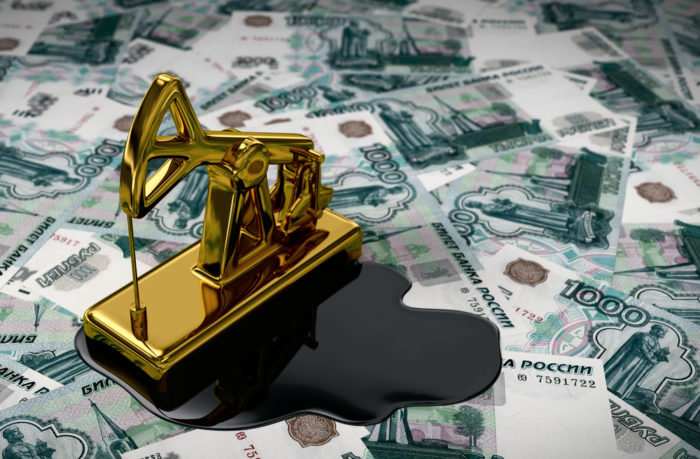The five largest oil and gas companies made bank in 2022, thanks to Russia’s war on Ukraine and the resulting spike in energy prices. Exxon led the pack, with nearly $60 billion in earnings, up over 150% from last year. These blockbuster profits are being raked in even as families across Ukraine and Europe have to make tough choices about buying food or heating their homes through the winter and as American households struggle to pay their bills.
It is war profiteering, plain and simple. Fossil fuels are weapons of mass destruction, whether wielded by a petro-state dictator or by a wealthy CEO of fossil fuel giants.
Across the Atlantic, Exxon is leading a court fight in Europe to justify and keep its excessive profits. During his trip to Poland for the war anniversary, President Biden should caution European leaders on this court case and call for harnessing war profits to provide Ukraine with lasting energy security. Ukraine needs more than just military support. We need our allies to ramp up sanctions against Russia and choke profiteering from fossil fuels. We need strong financial and political support for a green reconstruction so that we can have a secure, reliable, and peaceful way to power our own country.
Ironically, oil and gas have an important role to play in the rebuilding of Ukraine. Not in powering the future of Ukraine – in the first half of last year, these companies invested less than 5% of their profits in alternative energy sources, so we are not holding our breath – but in being the tax base that can rebuild the war-ravaged country with resilient and secure clean energy.
We cannot rely on these war profiteers to support the energy transition. The right next step for Ukraine's future is being called for by a growing community of politicians and experts who support taxing these massive windfall profits
to finance Ukraine's post-war economic recovery.
How a windfall tax can help support Ukraine
A windfall tax is a one-time tax on companies that have made excessive profits in extraordinary circumstances. The windfall tax is a quick, effective, and fair way to redirect fossil fuel's excessive profits and support Ukraine's transition to real energy security - provided by domestically produced, resilient clean energy and measures to adapt to climate change.
In September, the EU introduced extraordinary taxes for energy companies: the first one of at least 33% on profits of fossil fuel companies and another on energy companies' income from rising electricity prices. And Europe now will introduce taxes on excess energy profits to help compensate for the sharp rise in European electricity and gas bills in the face of Russia's military and energy terror. It is estimated that this decision will provide the EU with an additional €25 billion. Part of these funds can and should be used to support Ukraine.
The idea of a windfall tax is not new to the US President Biden popularized the idea as a way to lower energy costs for Americans, invest in more energy production domestically, and stop fossil fuel corporations from unfairly benefiting from the tragic war.
Now, ExxonMobil is trying to challenge the EU's decision to tax their excess profits. On 28 December, oil and gas giant Exxon, notorious as the main driver of climate change disinformation, filed a lawsuit against the European Commission in an attempt to block the EU's landmark tax on windfall profits for oil and gas companies. In the European General Court, with the tacit support of Shell, Chevron, TotalEnergies, and BP, Exxon is challenging the EU's legal authority to impose the new tax - a power it claims has historically been reserved for sovereign nations. The European General Court is now considering the case, and its decision could have huge consequences.
The European General Court is composed of two judges from each EU member state, who their respective governments appoint for six renewable years. The judges are accountable to the national governments of the EU member states.
With Biden traveling to Poland for the anniversary of Russia’s invasion, the US can be a powerful voice in strengthening Europe’s position towards the state's responsibility to impose a windfall tax. The EU must defend its right to restore justice and put the fossil fuel industry in a strict framework. The funds coming from taxing the excess profits of oil and gas companies are necessary assistance to help Ukraine meet its needs for security, human rights, and tackling climate change and economic growth both now and in the future.
Related:
- Why Russia is still making money on energy sales and how to change this
- Five reasons why the US and the EU should impose a full embargo on Russian fossil fuels
- Germany’s largest crude oil and natural gas producer to leave Russia






